A mortgage agreement in principle lets you know how much a lender is willing to give you to buy or remortgage a house. The AIP is also called ‘Decision in Principle’ or ‘Mortgage in Principle’.
The Annual Percentage Rate of Charge includes both the interest rate and various fees associated with the mortgage. You can use this figure to compare to costs of mortgages from different banks because each lender calculates APRC using the same formula.
If you fall behind on your mortgage payments, you are ‘in arrears’.
Also called the Bank of England rate, the base rate is used by building societies and banks to set their interest rates. This rate is typically used for standard variable rate and tracker mortgages.
Mortgages for buy-to-let properties are designed to help people buy a property they plan to rent.
The process whereby the conveyancer manages all the tasks involved in buying a house. This includes reviewing the mortgage offer, handling the contract of exchange, dealing with the land registry, and arranging to pay stamp duty.
The lender will check your credit history to determine your reliability at borrowing and repaying money. The mortgage lender will carry out a ‘hard check’. Therefore, it’s good not to apply for finance several times within a short period as this can hurt your credit score
The two types of deposits you must pay when buying a house are the mortgage deposit and reservation charge. The typical mortgage deposit for purchasing a property ranges between 5 and 20%. To show commitment to buying the house, a buyer usually pays a percentage of the property’s price.
The early repayment charge (ERC) is a penalty for paying off the loan earlier than expected. This fee is standard with a Fixed Rate Mortgage. Check the terms and conditions of the mortgage for the exact amount.
The equity on your home is the difference between the current market value of the property and its outstanding mortgage balance.
A mortgage offer with a fee-saver option means you won’t have to pay a product fee. However, you may have to pay a higher interest rate than a mortgage with a product fee.
A fixed-rate mortgage means that the interest rate you pay for the loan remains ‘fixed’ for the agreed period. Typically, this is two to five years. This means your monthly payments won’t change no matter what happens to the base rate.
A flexible mortgage offers extra options so you can manage your mortgage in a manner that suits you. This could include unlimited overpayments, underpayments, payment holidays or borrowing back any money you’ve overpaid.
A guarantor is someone who agrees to meet the monthly mortgage payments if you get into arrears. Guarantors are common with first-time buyers where the guarantor is typically the parent or guardian.
An interest-only mortgage means that all you pay each month are the interest payments on the amount you borrowed (plus any fees). You don’t have to pay the total balance back until the end of the loan term.
The loan-to-value rate is the ratio of the size of the mortgage compared to the property’s value. For example, if you borrow £80,000 for a property worth £100,000, then the loan-to-value ratio (LTV) is 80%. The ideal LTV is under 80%.
The monthly payment you make to your bank or lender to repay the mortgage.
Before applying for a mortgage, you should receive a Mortgage Illustration from the lender. It explains the main things you need to know when buying a house, such as payments, fees, and additional costs.
An overpayment is when you pay more than the agreed monthly mortgage payment. You could either pay off your mortgage in full at once or pay an extra amount each month for several months. This way, you can save interest and shorten your mortgage term. However, overpayments may be subject to additional fees.
Common with a flexible-rate mortgage, a payment holiday is when you don’t make payments on your mortgage. However, you still must make interest payments.
Porting your mortgage refers to when you retain your existing mortgage when moving home. The term is also referred to as portability.
The product fee is an upfront fee the lender charges to cover the costs involved in setting up the mortgage. Banks and building societies charge different rates, so it’s worth shopping around.
Remortgaging is when you replace your current mortgage with a different product, usually from a different lender. Homeowners typically do this to obtain a better interest rate or release funds.
Your lender will charge the standard interest rate on the mortgage after the term of discounted or special rates expires.
A fixed-rate mortgage where the interest rate is set at a fixed percentage above the base rate. The result is that your monthly payments will rise and fall based on the Bank of England base rate.
When applying for a mortgage, the lender will require a valuation to verify that the property’s value is worth the mortgage amount. However, it’s good to remember that a valuation won’t assess the property’s structural condition. Therefore, you should also arrange a property survey.
For more clear and personalised mortgage advice get in touch with our team of mortgage advisers today on 028 90 288585 or by emailing as at enquiries@aims-ni.co.uk.
THINK CAREFULLY BEFORE SECURING DEBTS ON YOUR HOME. YOUR HOME MAY BE REPOSSESSED IF YOU DO NOT KEEP UP REPAYMENTS ON YOUR MORTGAGE OR ANY OTHER DEBT SECURED ON IT.

Simply fill out the quote form below and let our advanced matching system do the work for you.

Simply fill out the quote form below and let our advanced matching system do the work for you.